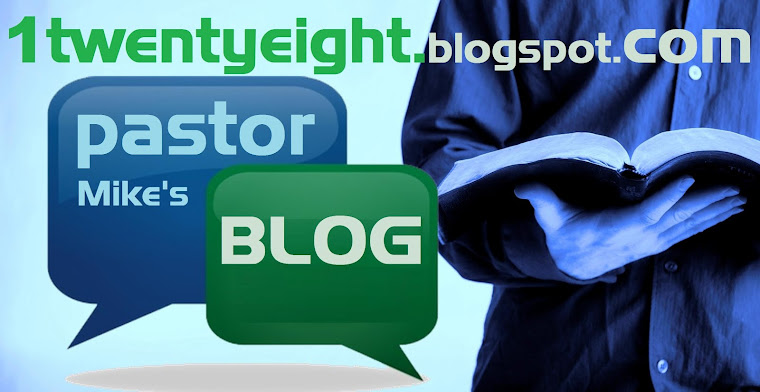Come Thou Long-Expected Jesus was penned by the master hymn writer Charles Wesley in 1744. Every phrase of this classic Christmas hymn alludes to numerous Scriptures. As you prepare to celebrate Christmas, spend some time meditating on the lyrics of this hymn and the Scriptures to which they point.
Come, thou long expected Jesus, born to set thy people free; from our fears and sins release us, let us find our rest in thee.
Isaiah 9:6-8; 52:7; and 61:1-2--
Jeremiah 23:5; and Luke 3:23, 31--
Matthew 1:21; 2:6; and 11:28--
Israel's strength and consolation, hope of all the earth thou art; dear desire of every nation, joy of every longing heart.
Luke 2:25, 32, 40; and 4:18-19--
Malachi 3:1--
Haggai 2:7--
Born thy people to deliver, born a child and yet a King, born to reign in us forever, now thy gracious kingdom bring.
Micah 5:2--
Colossians 3:15--
2 Peter 1:3-4--
By thine own eternal spirit rule in all our hearts alone; by thine all sufficient merit, raise us to thy glorious throne.
Romans 13:14--
Revelation 21:1-4; 22:1-5--
Just as faithful Israel looked forward to the Messiah’s first advent, we look forward to His second advent. Revelation 22:20 records a prayer that ought to be prayed by every Christ-follower, “Amen! Come, Lord Jesus!” How is the Holy Spirit using this hymn and these Scriptures in light of the coming long-expected Jesus?

Here's the video that followed Sunday's message. Enjoy.
 Joy to the World was written by Isaac Watts in 1719. His motivation the first three stanzas
of this hymn are found in Psalm 98 and 96:11-12. Read Psalms 98 and 98. What
causes for joy are revealed in these Psalms?
Joy to the World was written by Isaac Watts in 1719. His motivation the first three stanzas
of this hymn are found in Psalm 98 and 96:11-12. Read Psalms 98 and 98. What
causes for joy are revealed in these Psalms? 



